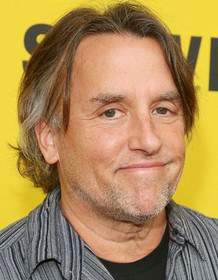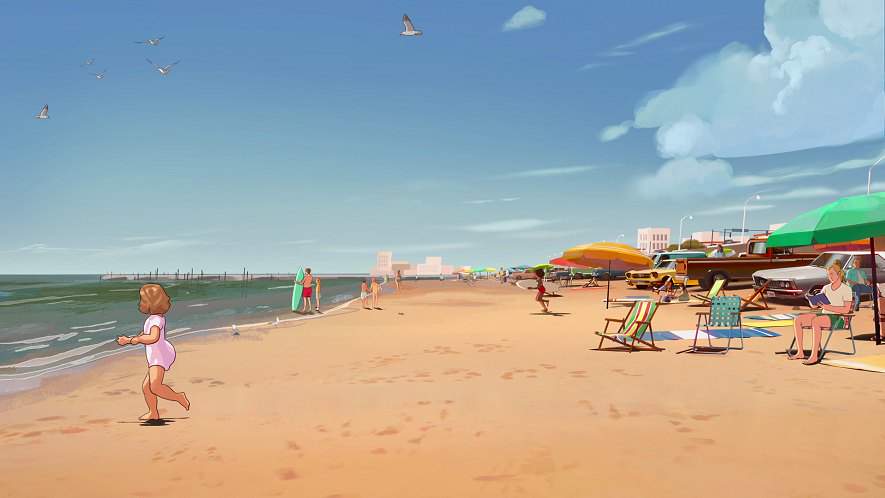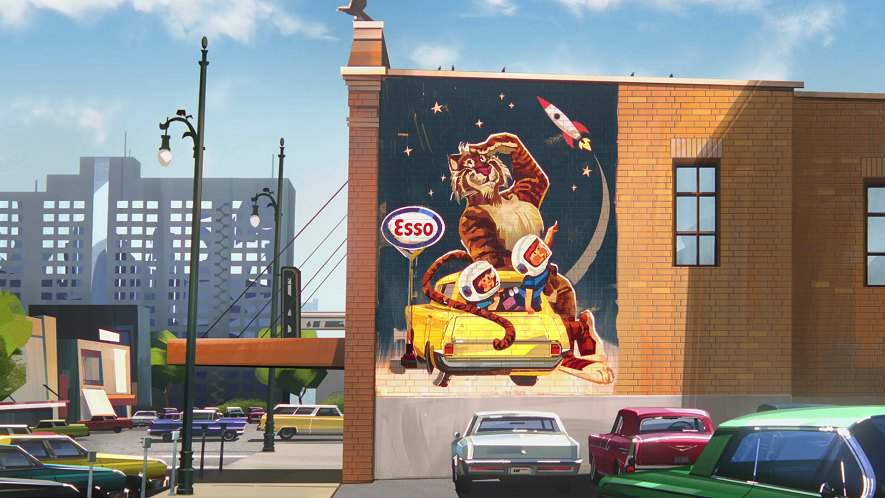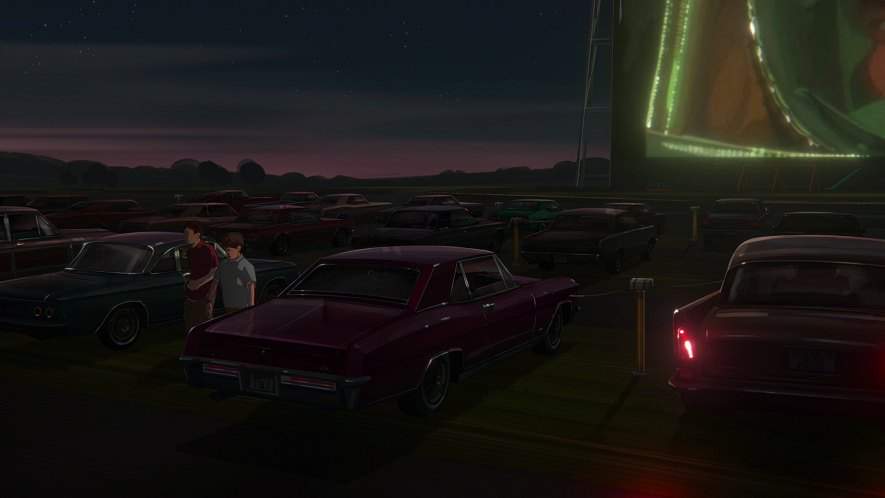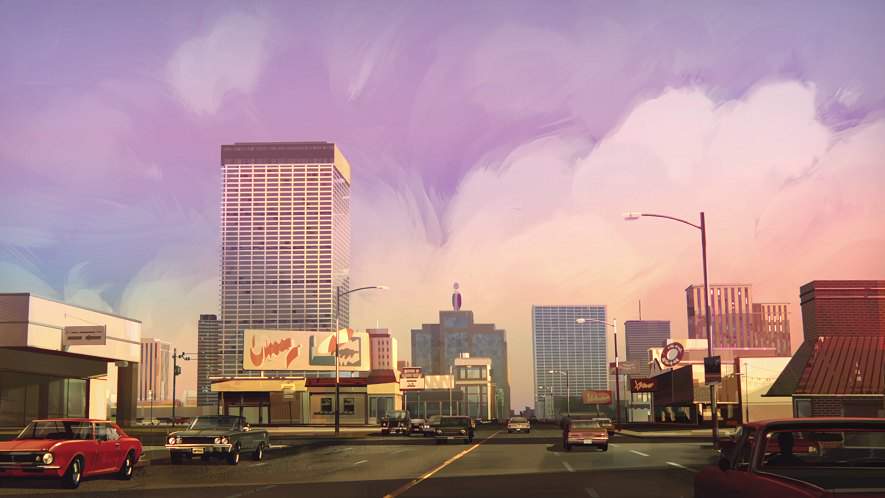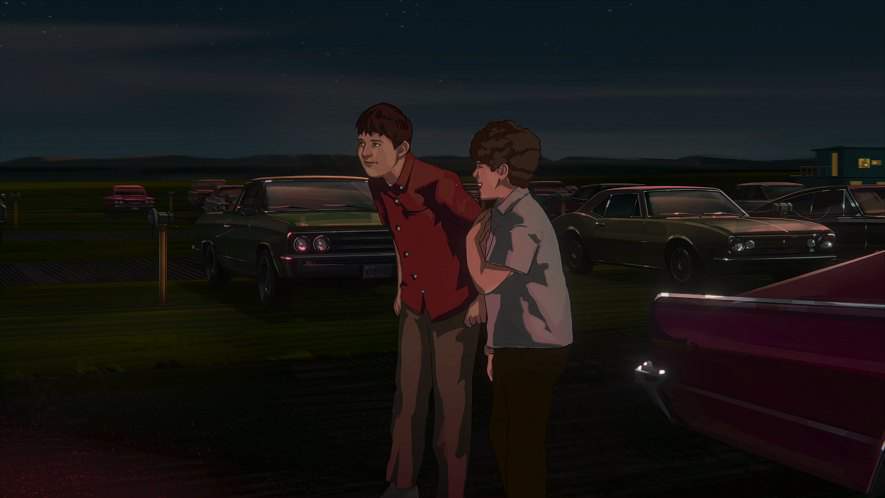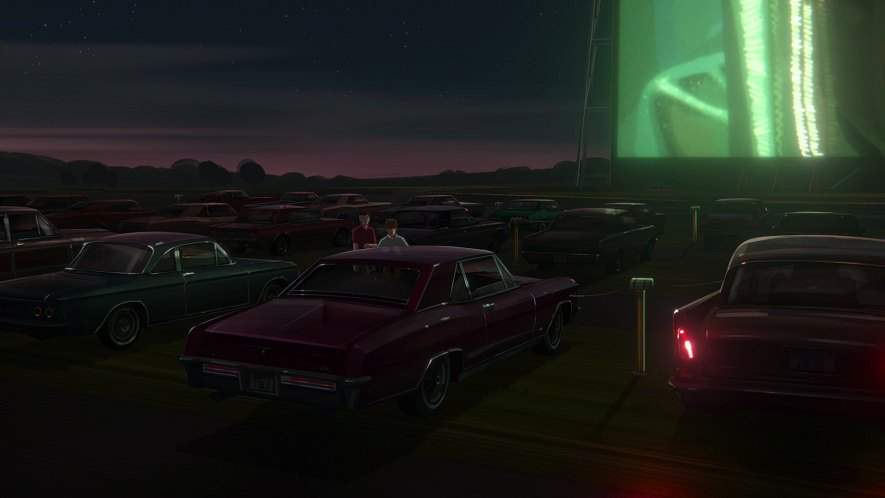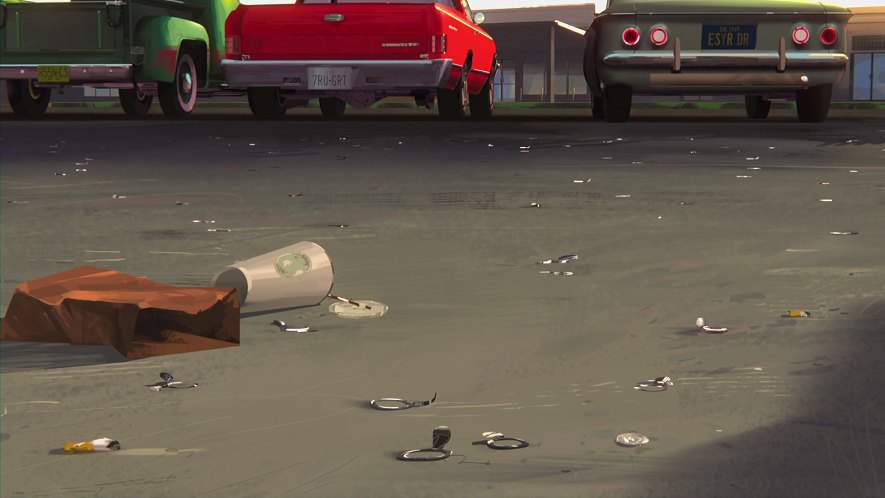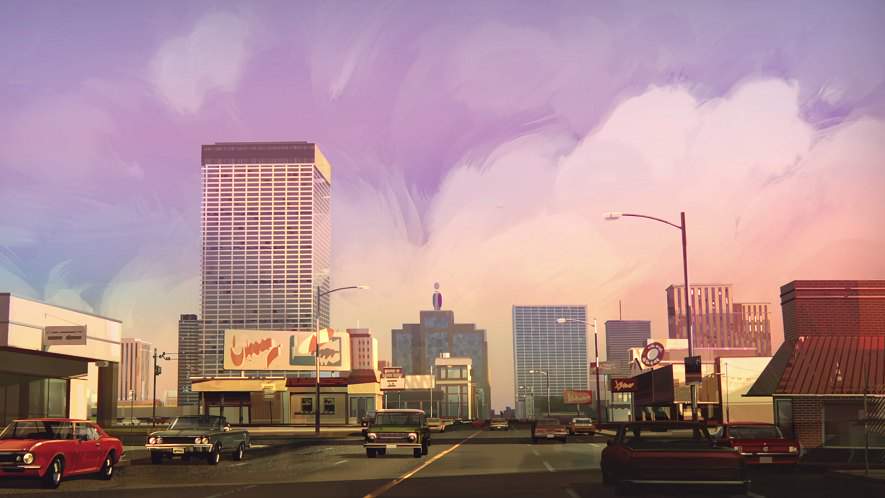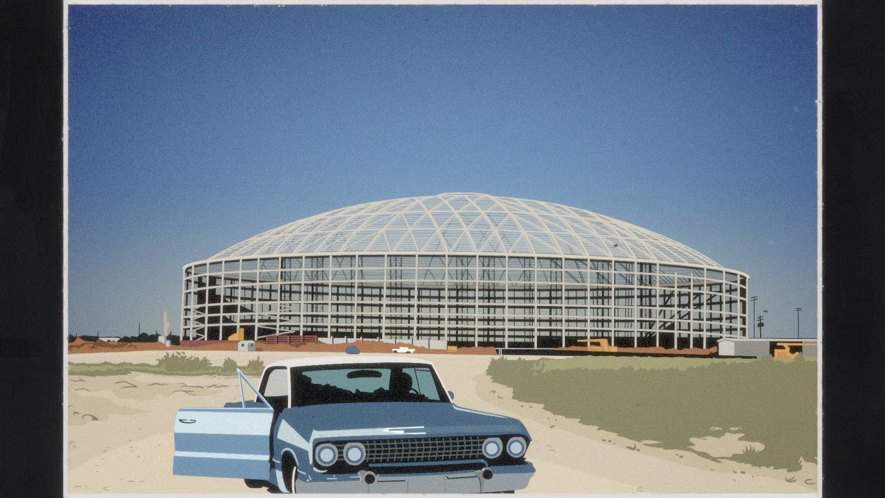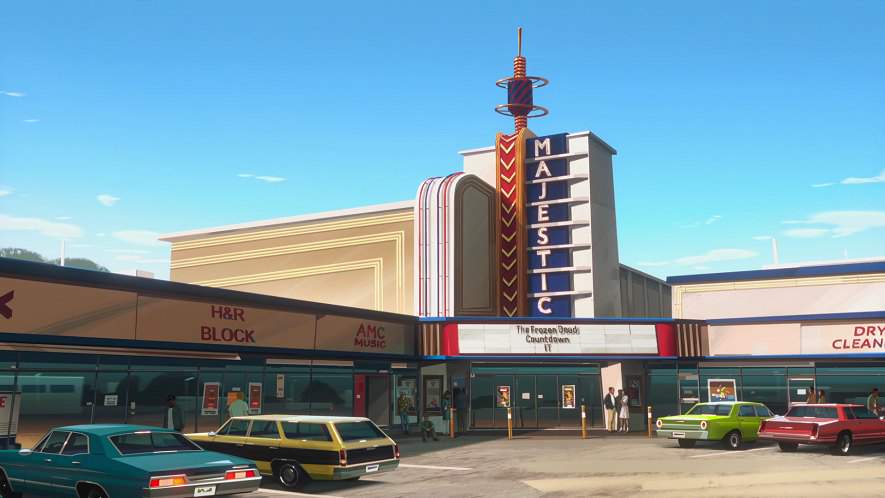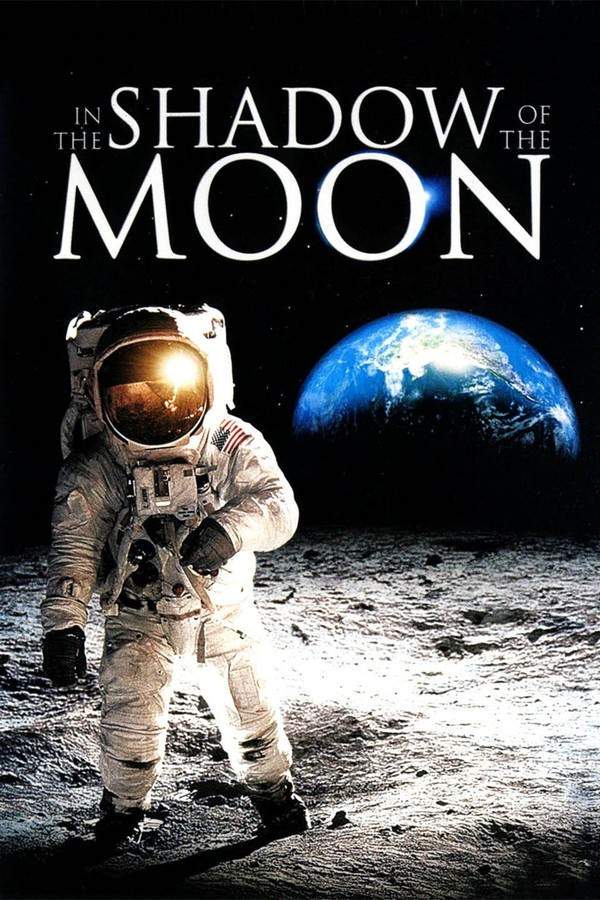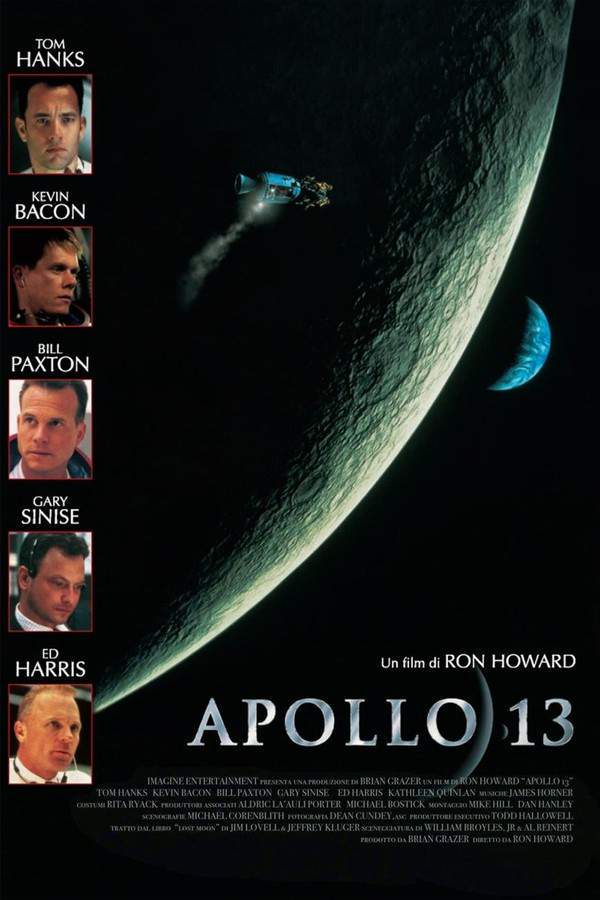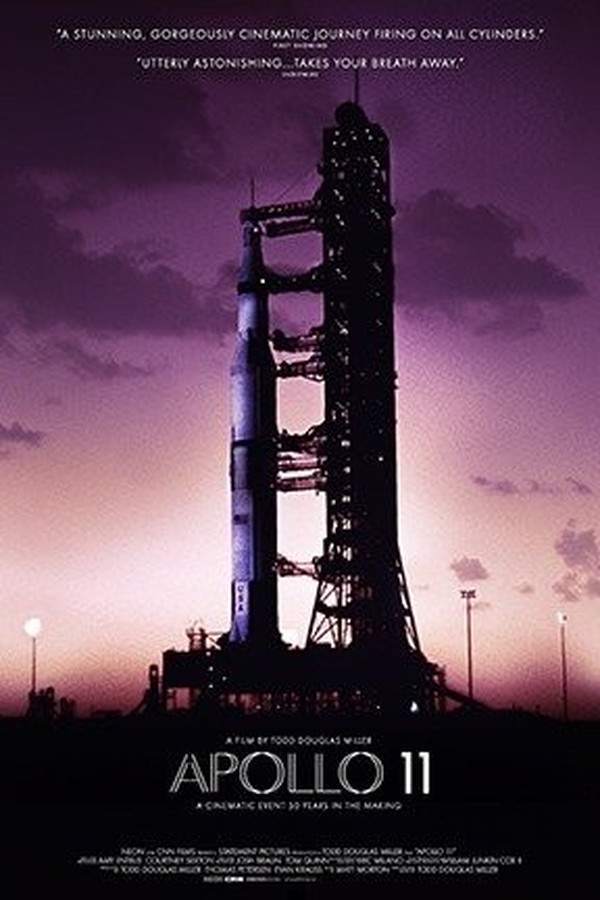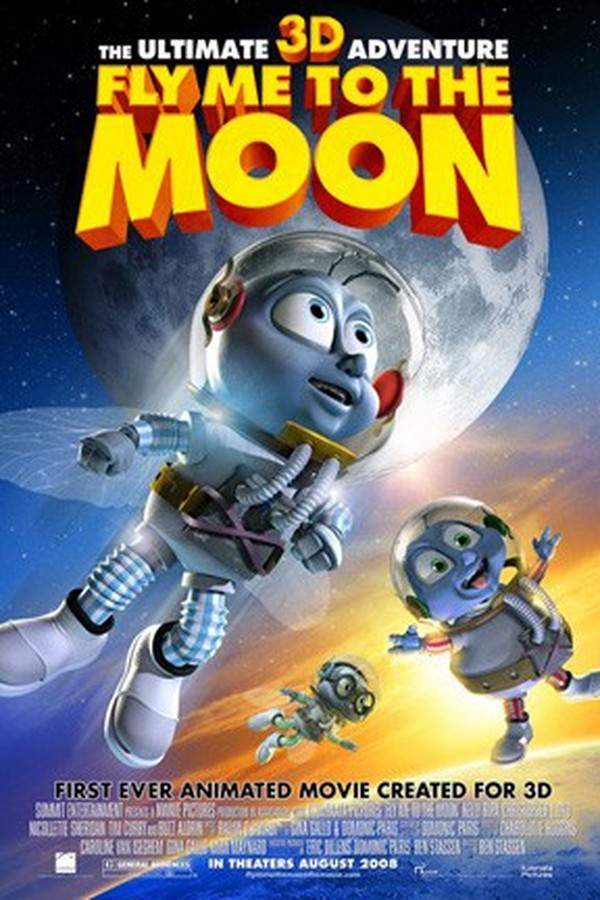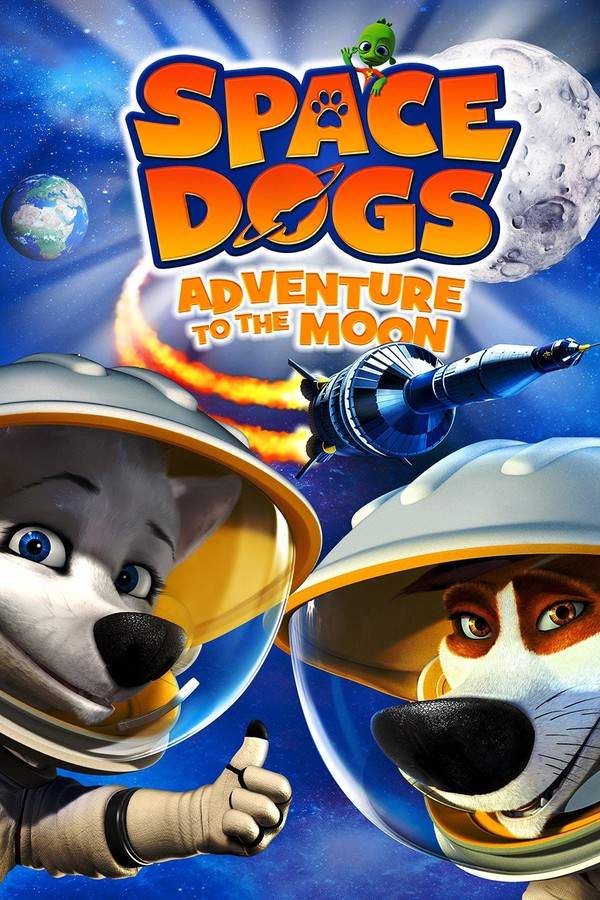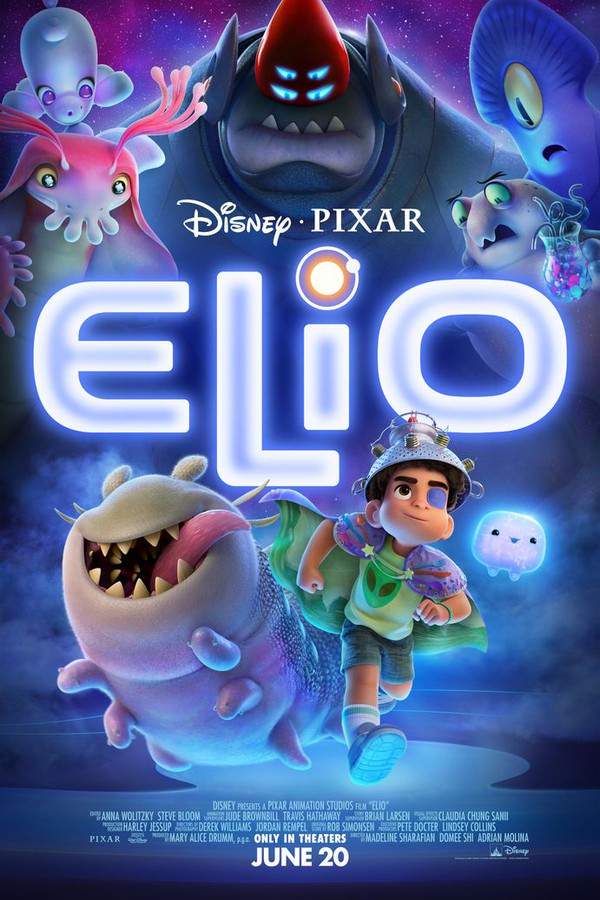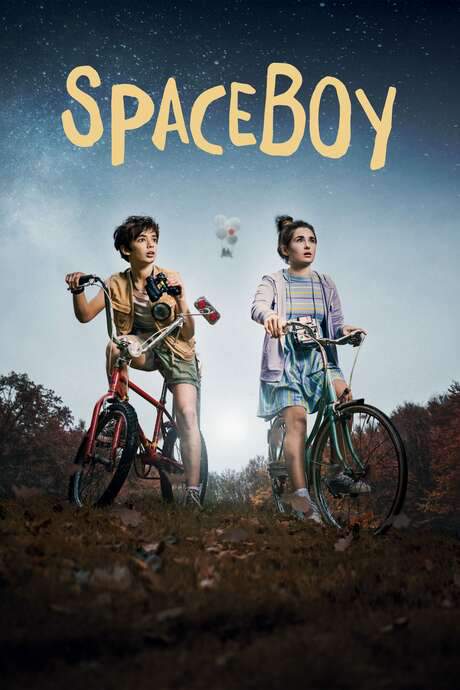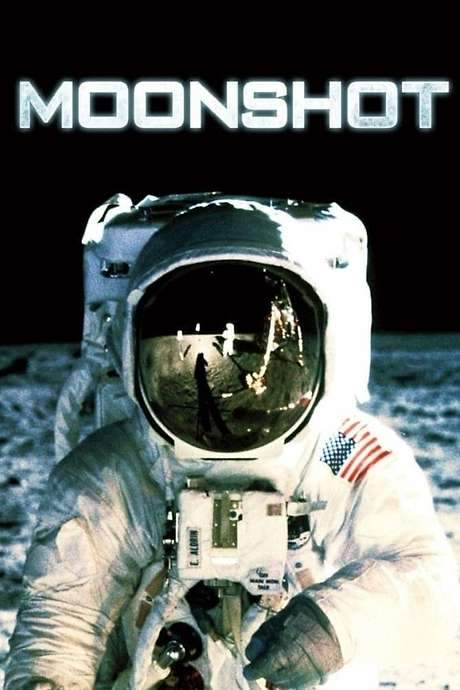Apollo 10½: A Space Age Childhood 2022
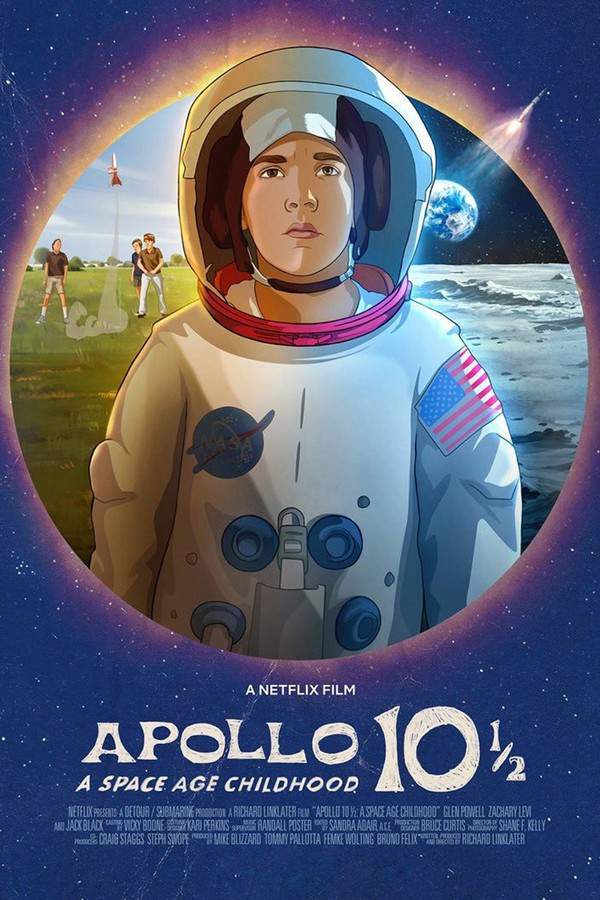
In 1969, as the world anticipates the Apollo 11 moon landing, a young boy growing up in Houston, Texas, experiences a childhood filled with wonder and imagination. Inspired by the space race and the bravery of the Apollo missions, he dreams of his own journey to the stars. The film blends the perspective of the astronauts with that of a boy pursuing his own ambitious dreams, offering a nostalgic look at a pivotal time in history and the excitement of a generation.
Does Apollo 10½: A Space Age Childhood have end credit scenes?
No!
Apollo 10½: A Space Age Childhood does not have end credit scenes. You can leave when the credits roll.
Meet the Full Cast and Actors of Apollo 10½: A Space Age Childhood
Explore the complete cast of Apollo 10½: A Space Age Childhood, including both lead and supporting actors. Learn who plays each character, discover their past roles and achievements, and find out what makes this ensemble cast stand out in the world of film and television.
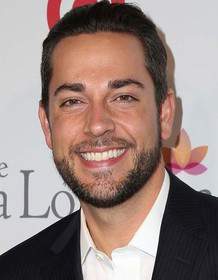
Zachary Levi
Kranz

Josh Wiggins
Steve
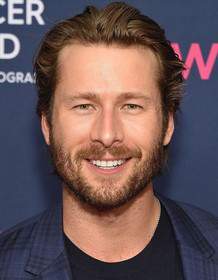
Glen Powell
Bostick

Jack Black
Grown Up Stan

Bill Wise
Dad

Brian Villalobos

Danielle Guilbot
Stephanie
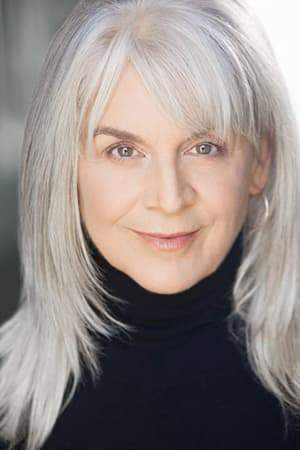
Jennifer Griffin
Grandmother #2
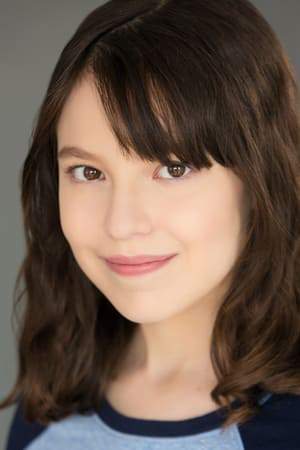
Jessica Brynn Cohen
Jana
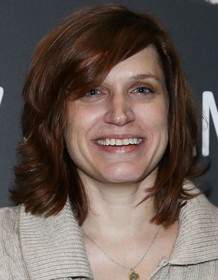
Lee Eddy
Mom
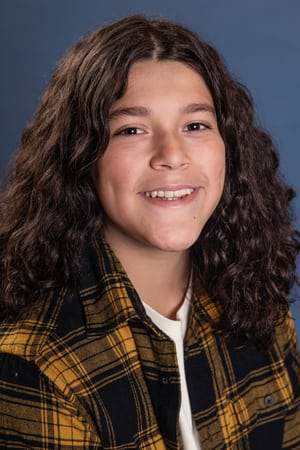
Milo Coy
Stan

Mona Lee Fultz
Grandmother #1
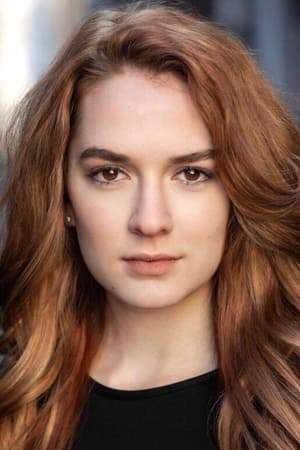
Natalie L'Amoreaux
Vicky

Nick Stevenson

Sam Chipman
Greg

Samuel Davis
Pinball Buyer
External Links and Streaming Options
Discover where to watch Apollo 10½: A Space Age Childhood online, including streaming platforms, rental options, and official sources. Compare reviews, ratings, and in-depth movie information across sites like IMDb, TMDb, Wikipedia or Rotten Tomatoes.
Ratings and Reviews for Apollo 10½: A Space Age Childhood
See how Apollo 10½: A Space Age Childhood is rated across major platforms like IMDb, Metacritic, and TMDb. Compare audience scores and critic reviews to understand where Apollo 10½: A Space Age Childhood stands among top-rated movies in its genre.

The Movie Echo Score
Apollo 10½ delivers a richly textured nostalgic portrait of 1960s Texas, anchored by distinctive rotoscoped visuals and a personal voice. While critics applaud its artistic ambition and emotional resonance, many viewers note a reliance on narration that dampens narrative drive and limits broader appeal. The film shines when evoking period details, yet its uneven storytelling curtails lasting impact. Overall, it offers a charming yet uneven meditation on memory and history.
The Movie Echo Score Breakdown for Apollo 10½: A Space Age Childhood

Art & Craft
In terms of art and craft, the film’s rotoscoped animation and vivid color palette receive consistent praise. Critics highlight the vivid suburban imagery and seamless blending of historical footage, while users commend the unique visual style that feels both nostalgic and fresh. Some mention occasional detachment, but overall the direction, production design, and editing are regarded as strong, contributing to an engaging visual experience.

Character & Emotion
When it comes to character and emotion, performances are viewed as mixed. Reviewers note Josh Wiggins’s grounded portrayal and occasional warmth in the ensemble, yet Jack Black’s narration is described as jarring by several users. Critics appreciate the personal, nostalgic tone, but also cite a sense of detachment. Consequently, the acting and emotional depth are considered competent but not uniformly compelling.

Story & Flow
Regarding story and flow, the narrative is frequently described as meandering. Critics and users alike point to heavy reliance on narration, limited conflict, and pacing that shifts from engaging childhood wonder to a documentary‑like recounting. While the premise intrigues, many feel the plot lacks cohesion and momentum, resulting in a mixed to negative perception of overall storytelling effectiveness.

Sensory Experience
In the sensory experience domain, the film’s soundtrack and sound design complement its visual style, enhancing the period atmosphere. Reviewers commend the integration of historic audio clips and the whimsical musical cues that underscore nostalgic moments. Although narration occasionally distracts, the overall auditory and visual cohesion contribute positively to the sensory impression.

Rewatch Factor
For rewatch factor, the film offers a nostalgic appeal that may resonate with viewers familiar with the 1960s space era. Critics see it as a lasting tribute, yet many users suggest its novelty wanes after a single viewing due to repetitive narration and limited plot development. Thus, its replay value is moderate, attracting repeat viewings primarily from a niche audience.

Metascore
tbd
User Score


91%
TOMATOMETER

82%
User Score

7.2 /10
IMDb Rating

70
%
User Score

3.6
From 58 fan ratings

5.00/5
From 3 fan ratings
Take the Ultimate Apollo 10½: A Space Age Childhood Movie Quiz
Challenge your knowledge of Apollo 10½: A Space Age Childhood with this fun and interactive movie quiz. Test yourself on key plot points, iconic characters, hidden details, and memorable moments to see how well you really know the film.
Apollo 10½: A Space Age Childhood Quiz: Test your knowledge about the unique story and historical context of 'Apollo 10½: A Space Age Childhood'.
In what year does the story of 'Apollo 10½' predominantly take place?
1965
1969
1971
1975
Show hint
Full Plot Summary and Ending Explained for Apollo 10½: A Space Age Childhood
Read the complete plot summary of Apollo 10½: A Space Age Childhood, including all major events, twists, and the full ending explained in detail. Explore key characters, themes, hidden meanings, and everything you need to understand the story from beginning to end.
The film narrates the remarkable story of the first moon landing during the summer of 1969, captured through two distinct lenses: the experience of astronauts and the perspective from mission control, intertwined with the innocent viewpoint of an excited child observing it all from home, much like the millions of others glued to their screens. The film artfully juxtaposes a historical re-creation of this monumental event with a young boy’s vivid fantasy of being unexpectedly selected to train for a covert journey to the moon.
In 1969, at an elementary school in El Lago, Texas, young Stanley, played by Milo Coy, receives surprising news from NASA officials, Bostick and Kranz, portrayed by Glen Powell and Zachary Levi, respectively. The duo informs Stanley that he has been chosen for the moon mission because the lunar module’s size is unfortunately too constricted for an average adult astronaut. Despite being a fit and excelling student, Stanley is sworn to secrecy, unable to disclose his exciting news even to his family. They initiate a covert training program at the end of the school year, with Stanley disguising his absence by attending summer camp.
Going back a few years to 1962, when NASA was relocated to Houston, a significant milestone in architecture, the Astro Dome, was completed, marking it as the world’s first domed stadium with an AstroTurf and a grand animated display. Meanwhile, in a time rife with tension due to the Vietnam War, Stanley resides with his siblings: Vicky (played by Natalie L’Amoreaux), Steve (Josh Wiggins), Jana (Jessica Brynn Cohen), Greg (Sam Chipman), and Stephanie (Danielle Guilbot), alongside his parents, Mom (Lee Eddy) and Dad (Bill Wise). Living in a neighborhood with frequent flooding due to poor land drainage, the family experiences a modest lifestyle. Stanley often daydreams about his father being a more prominent figure at NASA rather than just a procurement manager.
The family’s dynamics are colored by their frugal upbringing, with every child contributing through chores and a tight budget. After Stanley was born, his mother began taking contraceptive pills, contrasting the Patek family next door who continued to have children. This led to Stanley feeling out of place, as he often faced teasing from his siblings about being adopted, compounded by a lack of presence in family photos or videos. Meanwhile, local culture is a mix of idealism and paranoia, as conspiracy theories swirl around his grandmother’s views on major historical events.
As the story moves forward, nostalgia intertwines with exploration as Stanley is thrust into practical training, where he learns vital survival skills and how to operate the Apollo 10 1/2 module, culminating in high-stakes simulations that mirror the very alarms Neil Armstrong faced during his lunar landing. The tension builds as the Apollo 11 mission ensues, launching Stanley into a voyage that he had only dreamed about, as he shares this pivotal moment with the world.
On the day of the historic moon landing, while Stanley’s family is off enjoying a day at Astroworld—Houston’s own version of Disneyland—the heroes of Apollo 11 confront their challenges just as Stanley had in training. Carrying the weight of the mission, the real astronauts manage the intense situation, paving the way for a triumphant lunar landing amid debates over the moon program’s costs versus societal needs.
Ultimately, the film captures a profound moment in time, honoring not just the triumph of Apollo 11 but the dreams and aspirations of a young boy who, long before Neil Armstrong took that giant leap for mankind, found himself encapsulated in a fantastical narrative that intertwined reality with bold dreams of reaching the stars. Over 400,000 individuals contributed to the Apollo program, creating a legacy that would forever alter human history, with 600 million viewers eagerly awaiting the first steps on the lunar surface.
Uncover the Details: Timeline, Characters, Themes, and Beyond!

Coming soon on iOS and Android
The Plot Explained Mobile App
From blockbusters to hidden gems — dive into movie stories anytime, anywhere. Save your favorites, discover plots faster, and never miss a twist again.
Sign up to be the first to know when we launch. Your email stays private — always.
Watch Trailers, Clips & Behind-the-Scenes for Apollo 10½: A Space Age Childhood
Watch official trailers, exclusive clips, cast interviews, and behind-the-scenes footage from Apollo 10½: A Space Age Childhood. Dive deeper into the making of the film, its standout moments, and key production insights.
Cars Featured in Apollo 10½: A Space Age Childhood
Explore all cars featured in Apollo 10½: A Space Age Childhood, including their makes, models, scenes they appear in, and their significance to the plot. A must-read for car enthusiasts and movie buffs alike.
Apollo 10½: A Space Age Childhood Themes and Keywords
Discover the central themes, ideas, and keywords that define the movie’s story, tone, and message. Analyze the film’s deeper meanings, genre influences, and recurring concepts.
Apollo 10½: A Space Age Childhood Other Names and Titles
Explore the various alternative titles, translations, and other names used for Apollo 10½: A Space Age Childhood across different regions and languages. Understand how the film is marketed and recognized worldwide.
Similar Movies To Apollo 10½: A Space Age Childhood You Should Know About
Browse a curated list of movies similar in genre, tone, characters, or story structure. Discover new titles like the one you're watching, perfect for fans of related plots, vibes, or cinematic styles.
Quick Links: Summary, Cast, Ratings, More

What's After the Movie?
Not sure whether to stay after the credits? Find out!
Explore Our Movie Platform
New Movie Releases (2026)
Famous Movie Actors
Top Film Production Studios
Movie Plot Summaries & Endings
Major Movie Awards & Winners
Best Concert Films & Music Documentaries
Movie Collections and Curated Lists
© 2026 What's After the Movie. All rights reserved.



